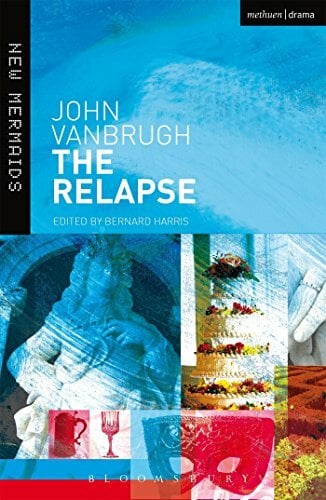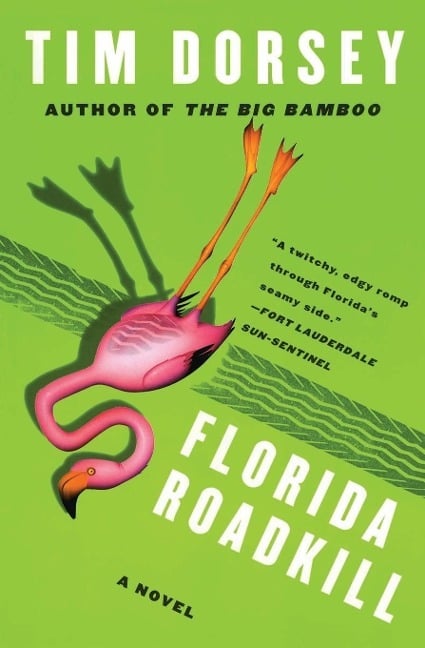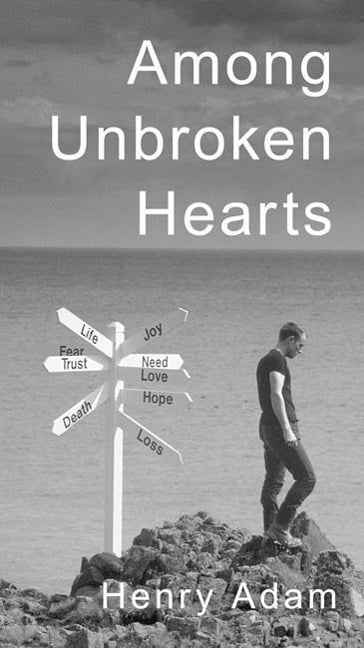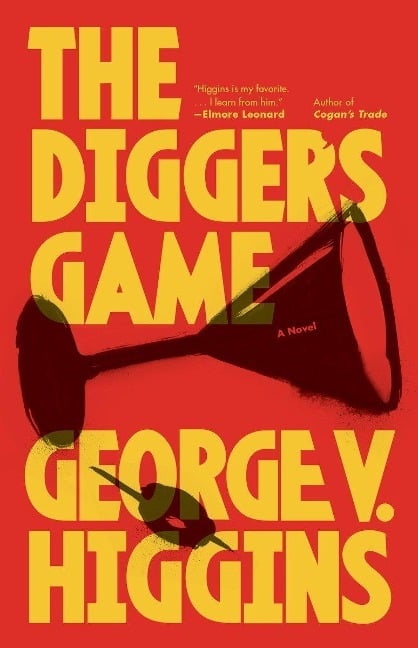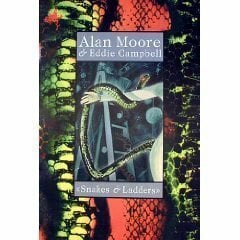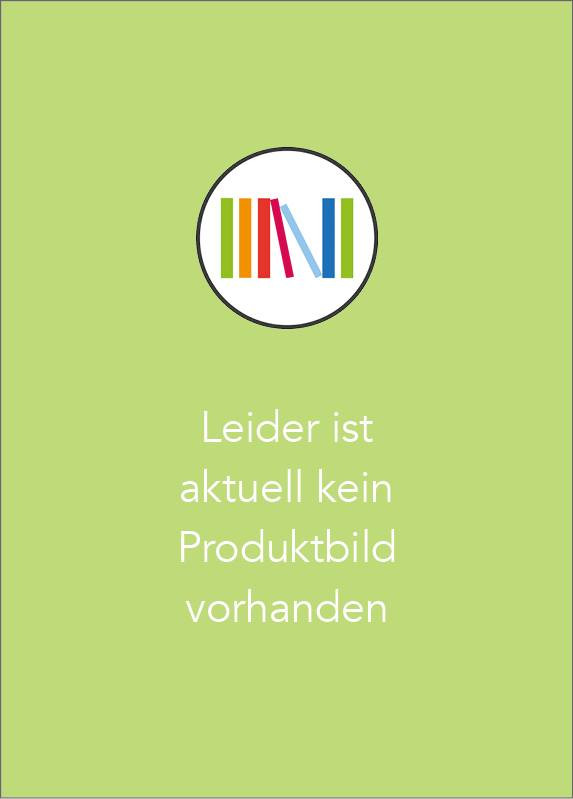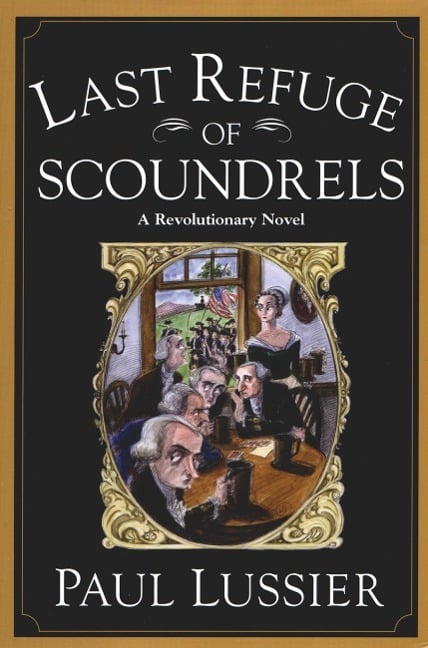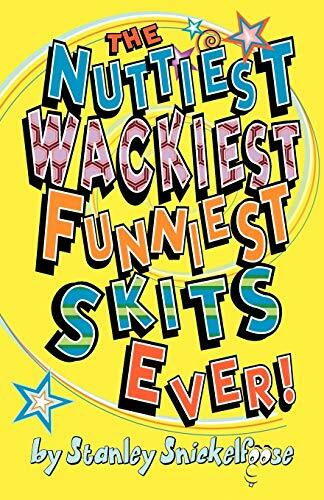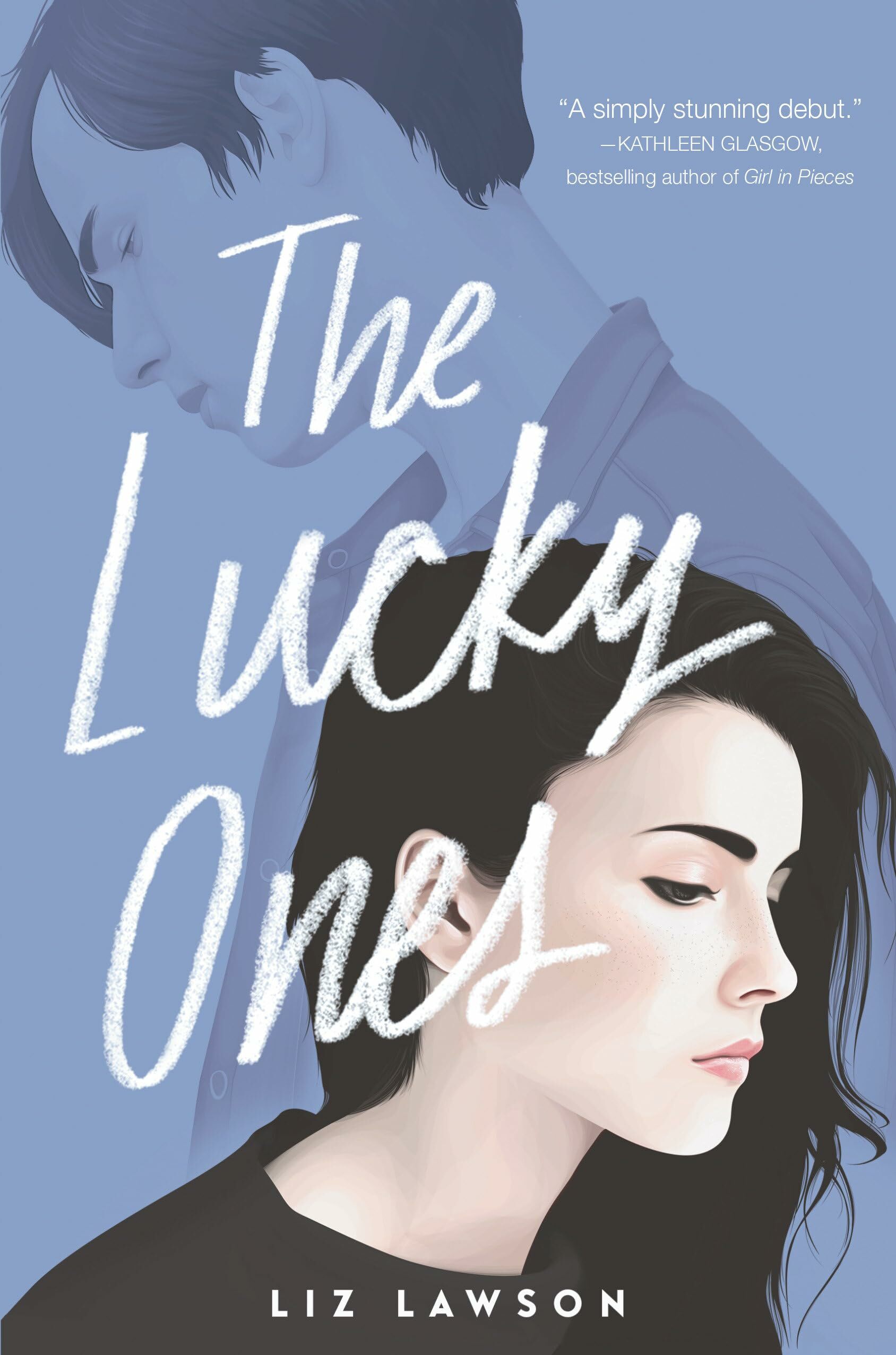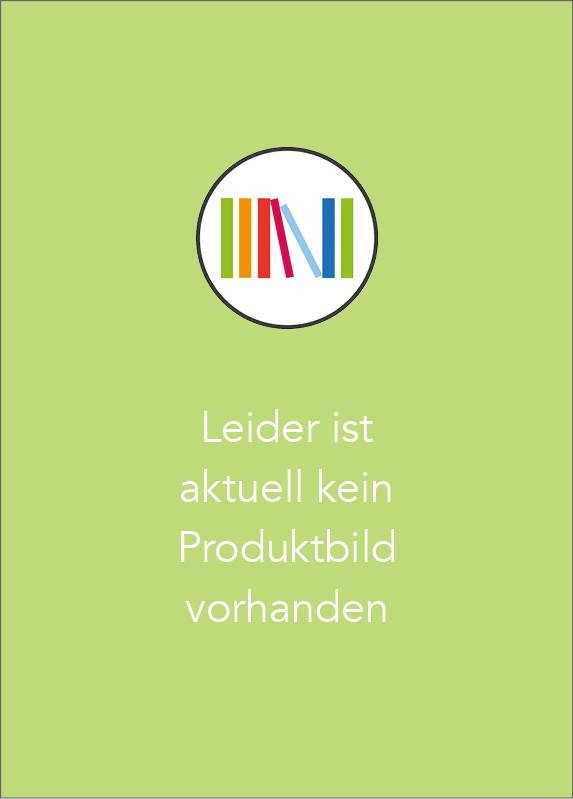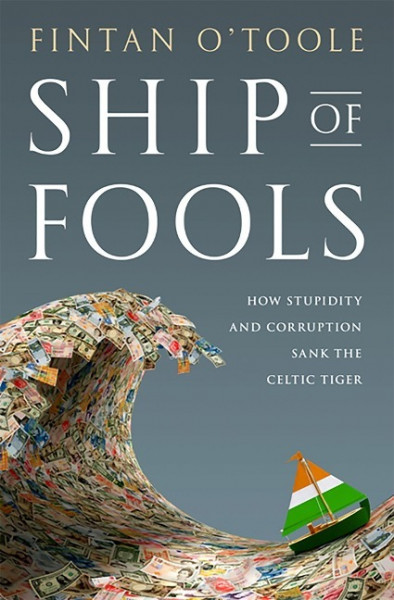
Ship of Fools
Kurzinformation
inkl. MwSt. Versandinformationen
Artikel zZt. nicht lieferbar
Artikel zZt. nicht lieferbar

Beschreibung
The death of the Celtic tiger is not an extinction event to trouble naturalists. There was, in fact nothing natural about this tiger, if it ever really existed. The"Irish Economic miracle&rdquo was built on good old-fashioned subsidies (from the European Union) and the simple fact that until the 1980s Ireland was by the standards of the developed world so economically backward that the only way was up. And as it began to catch up to European and American averages, the Irish economy could boast some seemingly remarkable statistics. These lured in investors, the Irish deregulated and all but abandoned financial oversight, and a great Irish financial ceilidh began. It would last for a decade. When the global financial crash of 2008 arrived it struck Ireland harder than anywhere-even Iceland looked like a model of rectitude compared to the fiasco that stretched from Cork to Dublin. There was an avalanche of statistics as toxic as the property-based assets that lay beneath many of them: type="disc" The International Monetary Fund was predicting that Ireland's Gross Domestic Product (GDP) would shrink by 13.5 per cent in 2009 and 2010-the worst performance among all the advanced economies and one of the worst ever recorded in peacetime in the developed world. type="disc" Government debt almost doubled in a year. type="disc" In May 2008, &euro13.5 million was paid for a 450-acre farm in Warrenstown, County Meath-one of the highest prices ever paid for agricultural land anywhere in the world. By 2009 the level of debt among Irish households and companies was the highest in the European Union. type="disc" The country's gross indebtedness was larger than Japan's, which has thirty times the population. type="disc" Between 1994 and 2006, the average second-hand house price in Dublin increased from &euro82,772 to &euro512,461-a rise of 519 per cent. By 2009 Irish house prices had fallen more rapidly than any others in Europe. type="disc" With a fifth of its office spaces empty, Dublin had the highest vacancy rate of any European capital and was rated as having the worst development and investment potential of twenty-seven European cities. type="disc" The Irish stock exchange fell by 68 per cent in 2008 type="disc" The average Irish family had lost almost half its financial assets type="disc" Unemployment rose faster than in any other Western European country, increasing by 85 per cent in a year. type="disc" Ireland's bad bank, the National Assets Management Agency (Nama), which had to take over &euro90 billion in loans to developers from banks that would otherwise be insolvent holds more assets [sic] than any publicly quoted property company in the world, dwarfing giants such as GE Capital Real Estate and Morgan Stanley Real Estate, which own assets of &euro60 billion and &euro48 billion respectively.And under all this rubble lay the corpse of the Celtic Tiger. How Ireland managed to achieve such a spectacular implosion is a stunning story of corruption, carelessness and venality, told with passion and fury by one of Ireland's most respected journalists and commentators. von O'Toole, Fintan
Produktdetails

So garantieren wir Dir zu jeder Zeit Premiumqualität.
Über den Autor
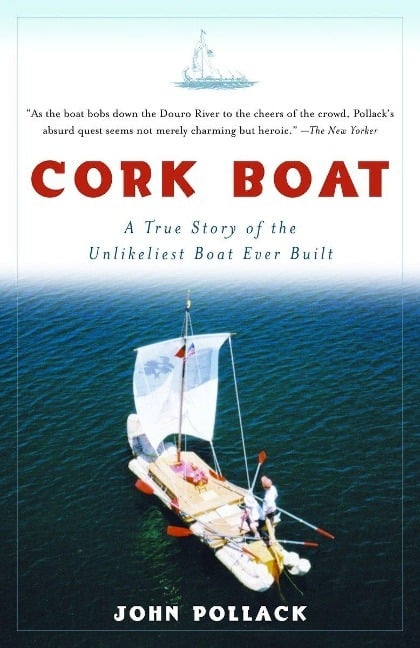
- Taschenbuch
- 291 Seiten
- Erschienen 2005
- Anchor

- Taschenbuch
- 304 Seiten
- Erschienen 2010
- Penguin Books
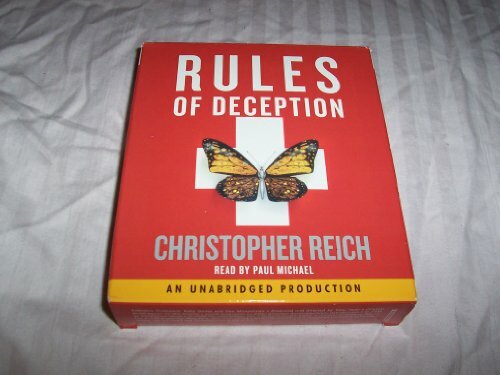
- audioCD -
- Erschienen 2008
- Random House
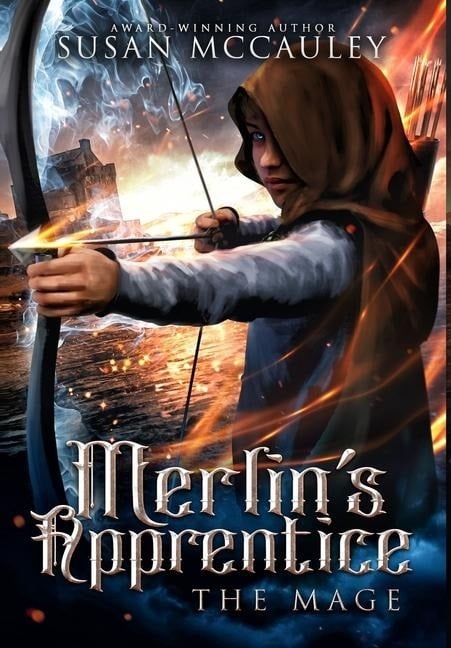
- Hardcover
- 172 Seiten
- Erschienen 2023
- Celtic Sea, LLC
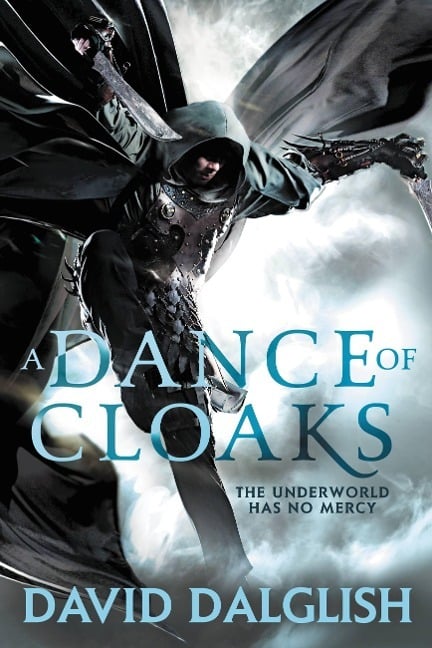
- Taschenbuch
- 480 Seiten
- Erschienen 2013
- Orbit

- paperback
- 398 Seiten
- Erschienen 2022
- BOOKBABY
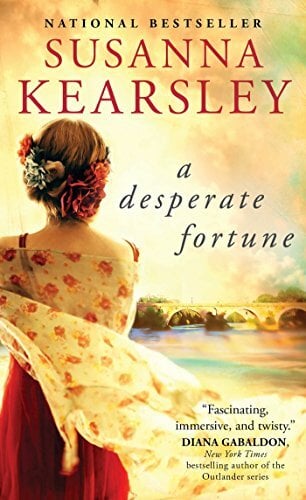
- mass_market
- 592 Seiten
- Erschienen 2018
- Touchstone

- paperback -
- Erschienen 1994
- Prentice Hall & IBD

- paperback
- 32 Seiten
- Erschienen 2020
- AV2 BY WEIGL
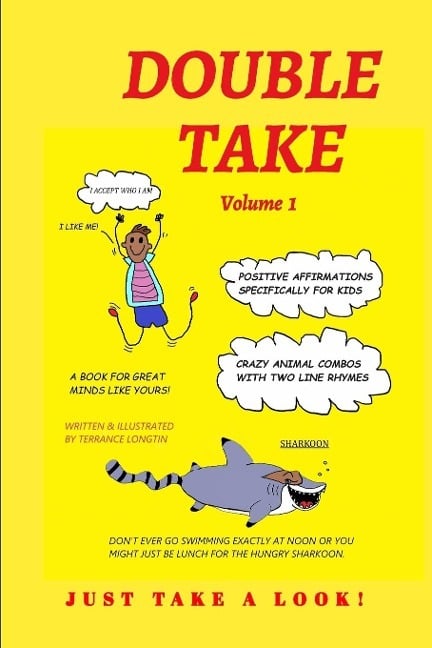
- Taschenbuch
- 38 Seiten
- Erschienen 2021
- Blurb

- Taschenbuch
- 368 Seiten
- Erschienen 2016
- Zondervan

- Taschenbuch
- 112 Seiten
- Erschienen 2020
- Les prairies numériques
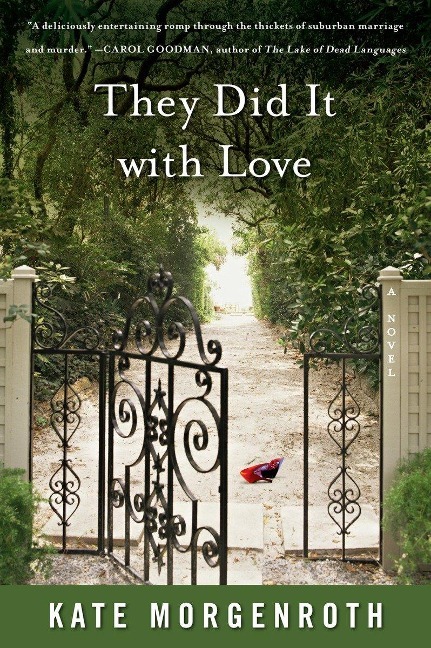
- Taschenbuch
- 336 Seiten
- Erschienen 2008
- Plume






